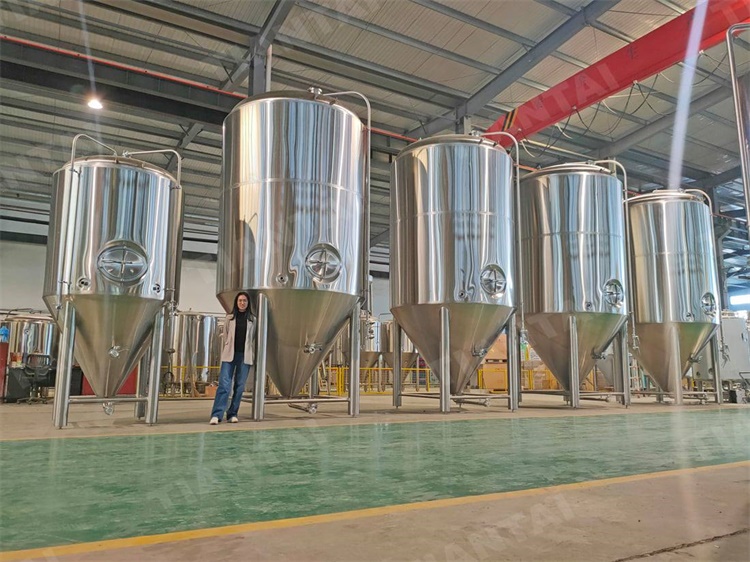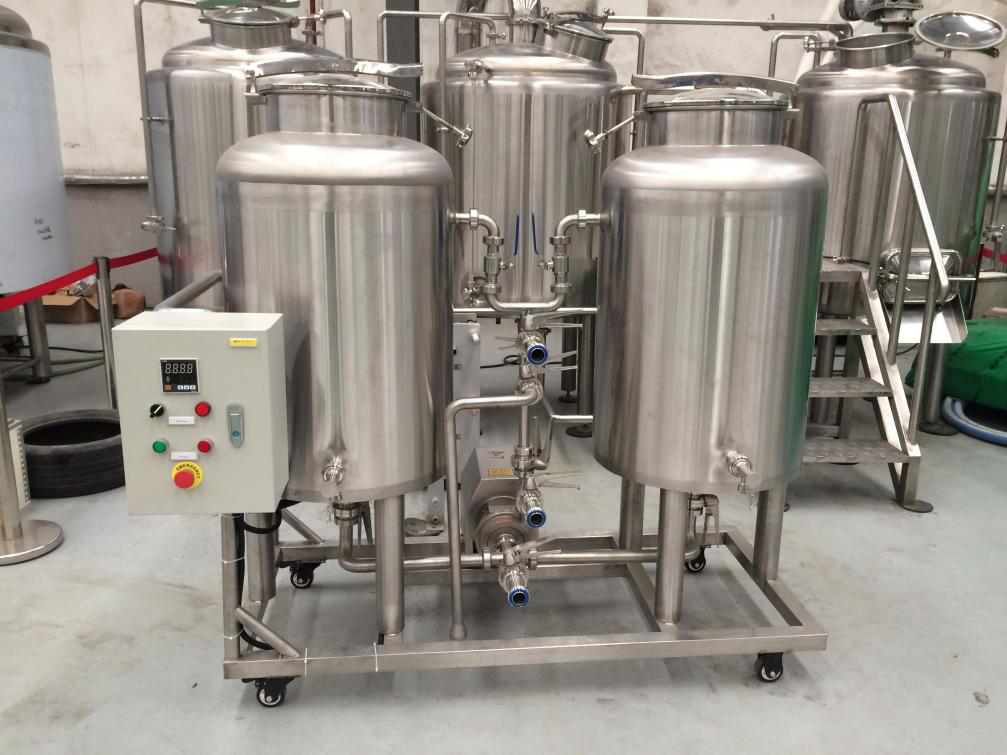.jpg)
Pros:
Simplicity of Design: Single-stage heat exchangers are generally simpler in design, making them easier to install and operate. This simplicity can be advantageous for microbreweries with limited technical expertise or resources.
Lower Initial Cost: Single-stage heat exchangers typically have a lower initial cost compared to more complex designs. This can be beneficial for microbreweries with budget constraints.
Ease of Maintenance: With fewer components and a straightforward design, maintenance of a single-stage heat exchanger is often easier and less time-consuming compared to more intricate designs.
Lower Energy Consumption: Single-stage heat exchangers generally have lower pressure drops, leading to reduced energy consumption. This can be advantageous for microbreweries seeking energy-efficient solutions.
Suitability for Small Scale: For smaller-scale microbreweries, where the production volume may not justify the complexity of a multi-stage heat exchanger, a single-stage design may be a more practical and cost-effective choice.
Cons:
Limited Heat Transfer Efficiency: Single-stage heat exchangers may have lower heat transfer efficiency compared to more complex designs. This could be a consideration for processes in the microbrewery that require precise temperature control.
Limited Temperature Control: The single pass design may provide less control over the temperature profile of the brewing fluids. This limitation could be a concern for certain brewing processes that demand strict temperature management.
Potential for Fouling: The single-pass nature of the heat exchanger may make it more susceptible to fouling issues. Regular cleaning and maintenance are essential to prevent performance degradation.
Less Versatility: Single-stage heat exchangers may be less versatile in handling a wide range of temperature differentials or accommodating various brewing processes that require different temperature profiles.
Space Requirements: Depending on the space available in the microbrewery, the size and configuration of a single-stage heat exchanger may be a limiting factor, especially if a compact design is necessary.
When choosing a heat exchanger for a microbrewery, the decision should be based on the specific requirements of the brewing processes, available budget, space constraints, and the technical capabilities of the brewery staff. It's essential to strike a balance between simplicity, cost-effectiveness, and the ability to meet the temperature control needs of the brewing operations.
Thank you for your reading.
Edited by Helen
Email: [email protected]




.jpg)

Get In Touch